The Federation of National Education and Teaching Unions of Burundi (FENASSEB) has raised urgent concerns over the growing challenges facing the education sector, including widespread teacher poverty, a severe shortage of instructional materials, and a troubling rise in student dropouts. Antoine Manuma, president of FENASSEB, underscored the profound impact these issues are having on the quality of education, stating, “The problems in our education system are pushing back the quality of education. The government must engage with all stakeholders to find solutions.”
Speaking to local broadcaster Bonesha FM earlier on Friday, Manuma highlighted that the country’s teacher shortage has reached critical levels, with more than 10,000 educators needed to meet the demand. This situation has been exacerbated by factors such as retirements, teacher resignations, and other systemic challenges within the education sector.
“The overcrowding of classrooms, made worse by inadequate facilities, is hindering students’ ability to focus on their studies,” Manuma said. “In many schools, desks are unsuitable, forcing students to either share desks or sit on the floor, further obstructing their learning.” He added, “The lack of textbooks and other teaching materials also forces educators to expend additional effort in trying to deliver quality lessons.”
The student dropout crisis is intensifying, with over 6,000 students dropping out of school in Kirundo Province during the first trimester of the 2024-2025 school year. In Kayanza Province, more than 4,300 students have abandoned school during the same period. Among the dropouts in Kayanza, 2,316 are boys and 1,993 are girls. Contributing factors include poverty, a lack of awareness about the value of education, and limited post-graduation opportunities. This troubling trend is not confined to Kayanza, as other provinces, such as Ruyigi, are also experiencing declining student enrollment, despite the availability of educational facilities.
A severe teacher shortage is compounding these problems. In Kirundo Province, 35 teachers left their posts during the first trimester, and the situation is further aggravated by the government’s limited response, which has included the allocation of only 44 new teaching positions. The exodus of teachers is largely driven by low salaries, with many educators seeking better opportunities abroad or in urban areas like Bujumbura.
FENASSEB has strongly criticized the government’s failure to address these critical issues, particularly the inadequacy of teacher salaries. Manuma expressed concern about the long-term sustainability of the education system, stating, “Teachers are leaving because their salaries do not match the rising cost of living. Without adequate compensation and support, we will continue to lose our educators.”
The combination of teacher shortages, overcrowded classrooms, and inadequate instructional materials has led to a significant decline in the quality of education. Many graduates are finding themselves unable to secure jobs in their respective fields, underscoring the disconnect between education and employment opportunities.
In response to these challenges, FENASSEB is calling for urgent dialogue between the government and all relevant stakeholders to address the pressing issues that are undermining Burundi’s education system.


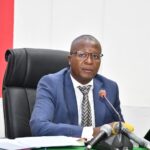

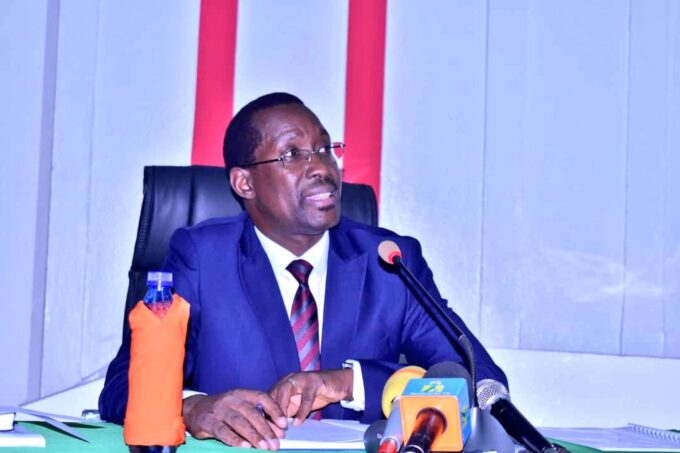
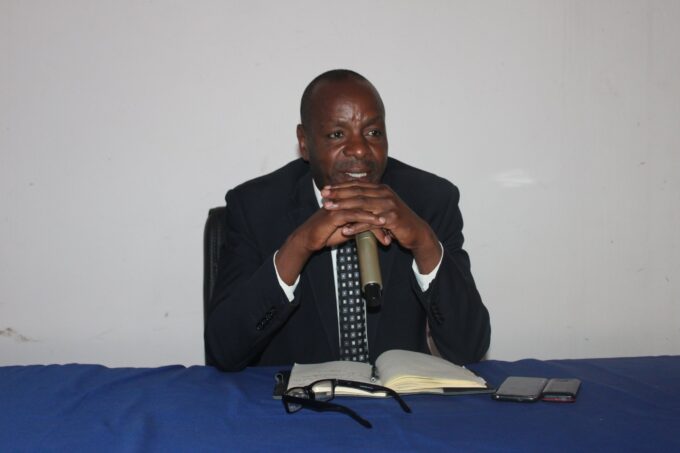
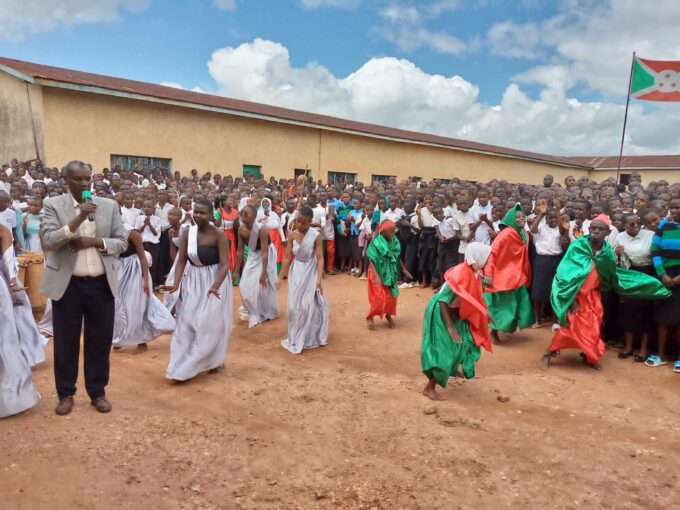
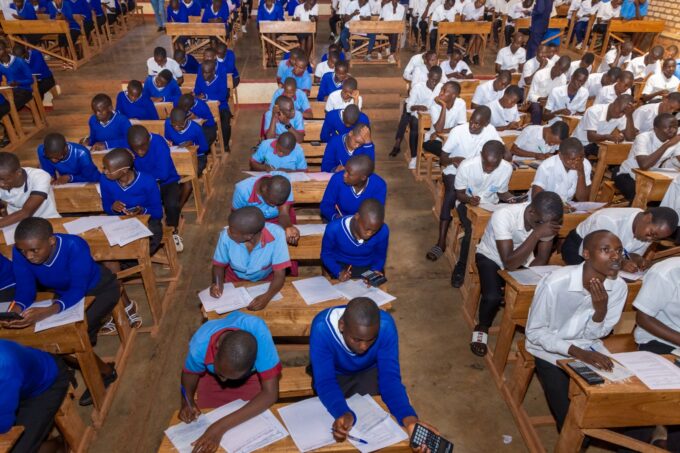
Leave a comment